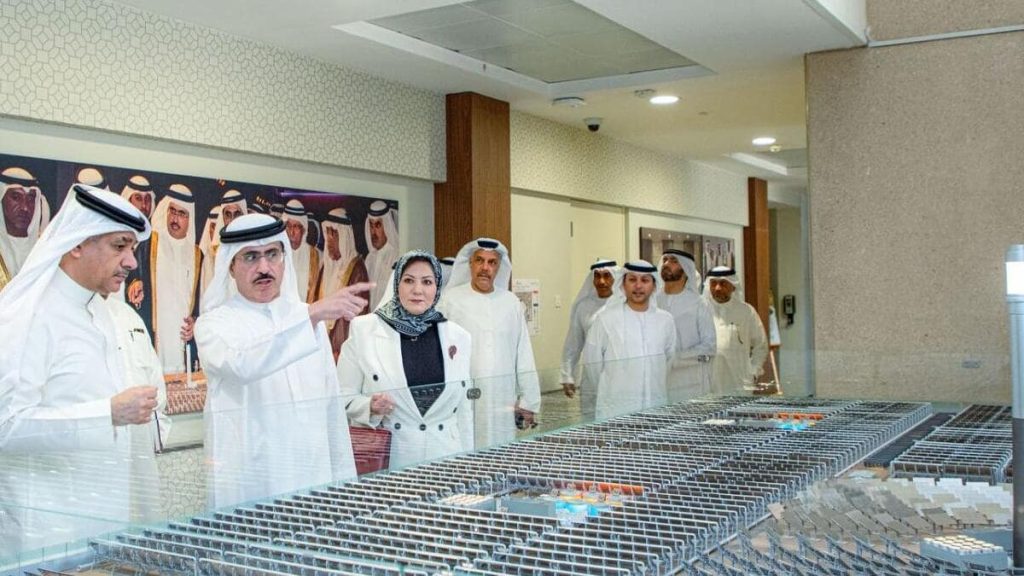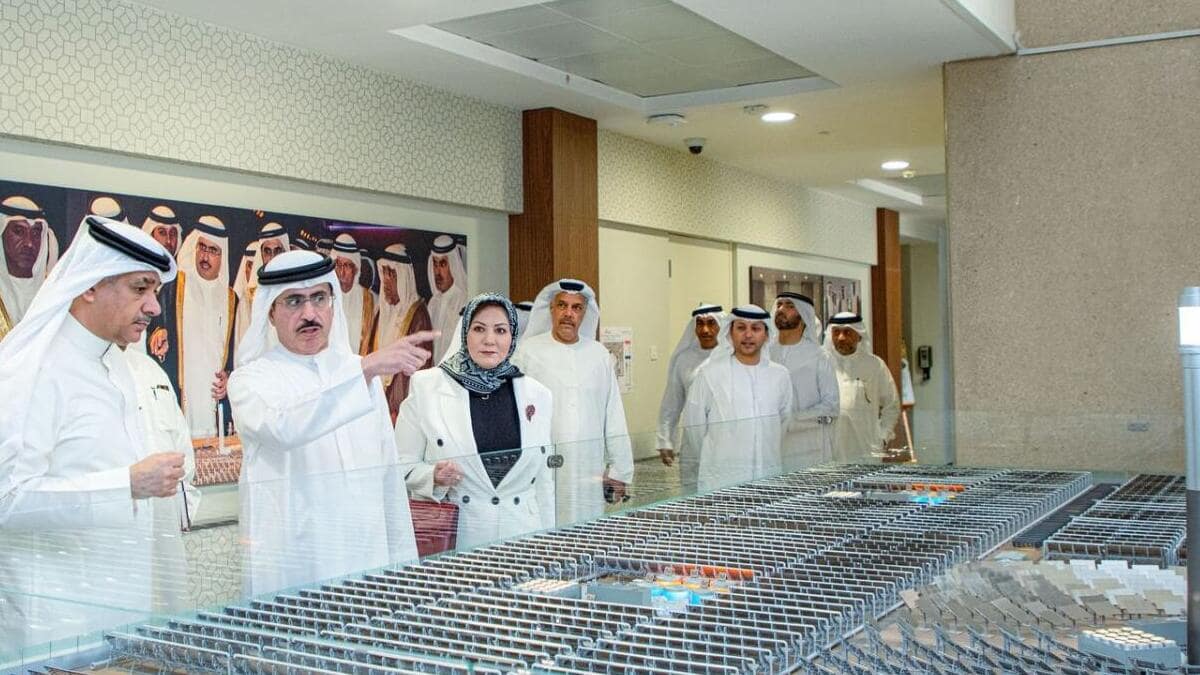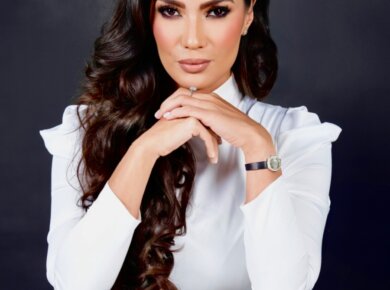A Bahrain-based utility company is looking to enhance its collaboration with DEWA on sustainability initiatives.

A Bahrain-based utility company is seeking to strengthen its collaboration with Dubai Electricity and Water Authority (DEWA) on sustainability initiatives. The move is part of efforts to boost sustainability in the region, and comes as countries around the world intensify their efforts to reduce carbon emissions and mitigate the impacts of climate change.
Bahrain’s Electricity and Water Authority (EWA) recently signed a memorandum of understanding (MoU) with DEWA, in which the two entities pledged to work together on a range of sustainability initiatives. These include efforts to promote renewable energy, increase energy efficiency, and reduce carbon emissions.
Under the agreement, the two utilities will share expertise and knowledge on a range of issues related to sustainability, including policy development, technical standards, and best practices. They will also explore opportunities for joint investment in renewable energy projects, as well as research and development activities.
Commenting on the MoU, Shaikh Nawaf bin Ibrahim Al Khalifa, CEO of EWA, said: “We are pleased to partner with DEWA in promoting sustainable development and green economy in the region. This collaboration will strengthen our efforts to achieve the sustainability goals set by the Kingdom of Bahrain.”
The partnership between EWA and DEWA is just the latest example of collaboration between utility companies in the Gulf region on sustainability issues. Other initiatives include the Gulf Cooperation Council Interconnection Authority (GCCIA), which was established to promote cooperation among the region’s power networks and support the development of renewable energy projects.
The collaboration between EWA and DEWA is also in line with the broader efforts by countries in the region to promote sustainability and reduce their carbon footprints. For example, the United Arab Emirates recently announced plans to invest AED 600 billion ($163 billion) in renewable energy projects over the next decade, as part of efforts to reach its target of producing 50% of its energy from renewable sources by 2050.
Similarly, Bahrain has set ambitious targets for renewable energy, with plans to generate 5% of its electricity from renewables by 2025, and 10% by 2035. The country has already made significant progress towards these goals, with the recent launch of a 100 MW solar energy project in the southern region of the country. This is expected to generate enough electricity to power more than 15,000 homes. Additionally, the government has announced plans for a further 500 MW of solar energy projects in the coming years. Bahrain also has an aggressive target for reducing carbon dioxide emissions by 30% by 2030, and this can only be achieved through increased reliance on renewable energy sources such as solar
The collaboration between EWA and DEWA is also significant given the important role played by utilities in driving sustainability in the region. Utilities are responsible for a significant proportion of energy consumption in the region, and therefore have a key role to play in reducing carbon emissions and promoting renewable energy.
According to the International Renewable Energy Agency (IRENA), the Gulf region has the potential to generate up to 7.7 terawatts of renewable energy, primarily from solar and wind sources. However, realizing this potential will require significant investment and collaboration between governments, utilities, and the private sector.
The partnership between EWA and DEWA is therefore a welcome development, and one that is likely to lead to greater collaboration and investment in sustainability initiatives across the region. As Shaikh Nawaf bin Ibrahim Al Khalifa notes, “The MoU between EWA and DEWA is a clear indication of our commitment to work together in promoting a sustainable future for the region and the world.” This partnership is an inspiring example of the potential for collaboration between public and private sectors to drive positive change in sustainability. We look forward to seeing the impact that this initiative has on the region’s energy landscape. Thank you EWA and DEWA for your commitment to creating a sustainable future!




